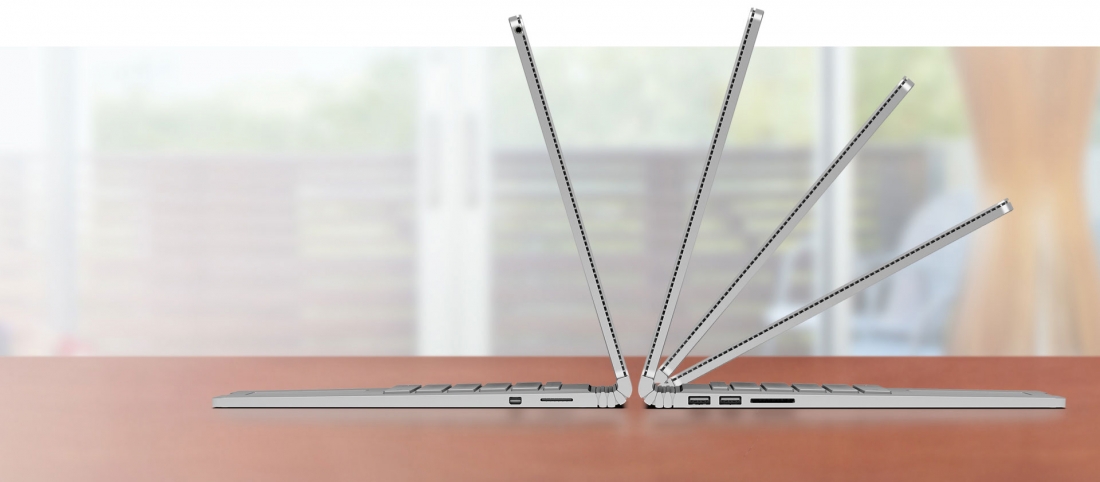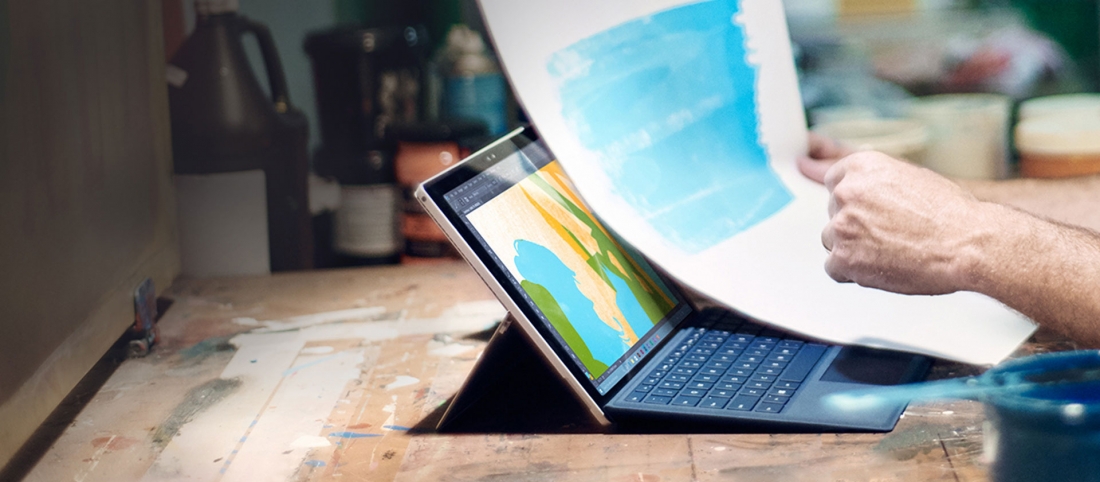
As early adopters are well aware of, growing pains aren't uncommon - especially when dealing with a new product line. Such has been the case with Microsoft's Surface Book (and to a lesser degree, its Surface Pro 4) as some buyers are experiencing power-related issues.
Microsoft has publically acknowledged (and apologized for) the issues although unfortunately, a fix might not arrive until next year.
The issue is specifically related to how the Surface Book handles energy consumption when put to sleep. Some are reporting that the device doesn't really go into hibernation mode at all and continues to suck power as if it were on and being actively used.

In Microsoft's support forum, an employee known only as "Joe" said it's an issue they are actively working on (and have been working on). Essentially, they can't yet get the system into its deepest "sleep" state so there can be wake events that would not otherwise wake it up.
He added that they couldn't get it working right at RTM for a variety of reasons and that power management is a very hard computer science problem to solve, especially with new silicon. "Joe" promised a fix would be ready "sometime soon" in 2016.
Do note that this is just the reply of one Microsoft employee who probably isn't qualified to discuss the matter publically.
Microsoft did issue an official response to Engadget. In it, a spokesperson said the company knows a small set of Surface Book and Surface Pro 4 customers are experiencing issues and addressing them is their top priority. As such, they have dedicated engineering teams working to get updates and fixes out as quickly as possible.
A separate forum post from Microsoft employee "Josh_F" dated December 11 essentially echoed those same sentiments. The staffer also apologized to those that have had a less-than-perfect experience out of the gate. He also linked to the update history of both devices (Surface Book here / Surface Pro 4 here), making it easier for users to keep pace with the bevy of fixes issued thus far.
https://www.techspot.com/news/63167-microsoft-acknowledges-issues-surface-book-although-fix-may.html